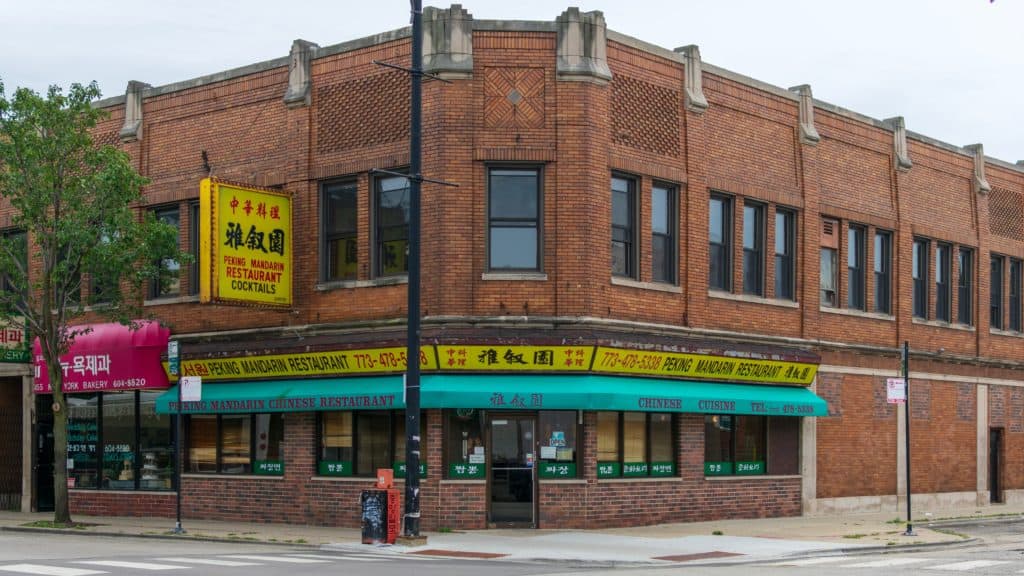When the coronavirus first began to spread widely across the world, anti-Asian sentiments soon began to follow. Reminiscent of the xenophobia surrounding the global SARS outbreak of the early 2000s, COVID-19 has become a racialized illness in the United States, even addressed by some leaders as a “Chinese” disease.
Asian-Americans across the country are citing instances of implicit and explicit episodes of racism and xenophobia. The New York Police Department and its Hate Crimes Task Force, for example, has been responding to multiple physical attacks against Asian-Americans since the beginning of 2020. In San Francisco, the Asian Pacific Policy and Planning Council created a tool to track hate crime reports affiliated with COVID-19 in response to an uptick in crime and racial profiling. Other cities across the country are also experiencing a surge in hate crimes against Asian-Americans.
The Trump Administration continues to refer to the coronavirus as the “Chinese virus” or “Chinese coronavirus” — an inaccurate, informal term that belittles and insults our Chinese and Asian-American neighbors and communities. Many Asian-owned businesses are suffering economically due to the othering associated right now with Asians and COVID-19 in the United States. Despite the complete lack of any rational or scientific evidence to suggest that an Asian person is more likely to carry and transmit COVID-19 than a non-Asian person, many Chinese and Asian-Americans are bearing the brunt of the blame for the spread of the disease, steeped in xenophobic narratives. The current administration stokes the fire by replacing the official name with a racist moniker that only amplifies a divisive anti-Asian sentiment.
Before social distancing and now shelter-in-place orders, Asian-American businesses felt economic shocks as a result of racialized fear. In New York City, Chinese and Asian businesses saw a 30% to 80% decline in sales since February 2020 to early March. Koreatown in Los Angeles, Boston and San Francisco also reported declines in business. Interestingly, despite Italy being under full quarantine and surpassing China in the number of coronavirus deaths, Italian restaurants in the U.S. are not reporting a decline in business outside from social distancing measures. Nor are Italian-Americans reporting increased instances of xenophobia or hate crimes.
Now more than ever, municipalities, community-based organizations and institutions must reach out to Asian-American communities and businesses and push back against those who fuel anti-Asian sentiments. Allyship with Asian-American communities is essential as we battle the effects of COVID-19. The following are some practical, immediate steps we can take.
- Local leaders and public officials (including public health agencies) should be actively and vocally supportive of Asian-American businesses, elevating their role and leadership in the wider community.
- Community leaders, including chambers of commerce, should create inclusive and strategic partnerships with Asian-American community-based organizations and businesses to increase networking and disaster mitigation response.
- Federal, state and local municipalities, economic development corporations, and others offer targeted relief and grants to Asian businesses affected by racism and COVID-19.
- Philanthropy has the ability to provide rapid response to urgent social issues. Foundations should consider funding programs battling hate crimes, implicit bias against Asian American communities, as well as small business assistance as a result of the pandemic.
- Establishment of Hate Crimes Task Forces help government and law enforcement track and monitor anti-Asian activity, as well as serve as community liaisons to community-based organizations and businesses.
- Small business development centers can proactively counsel and train affected businesses during and after this pandemic, using culturally competent promising practices.
- When conducting Community Health Needs Assessments hospitals and health systems can incorporate businesses, Asian community members and community based organizations in opportunities and plans to enhance the health of communities as a result of COVID-19.
- Financial institutions are being encouraged to work collaboratively with affected businesses to explore options such as refinancing, deferring payment, waiving select fees and other solutions specific to struggles businesses and individuals may be enduring during this slowdown.
Joining together against the othering, fear, xenophobia and racism of our Asian-American neighbors, various community institutions and stakeholders have the ability to meet the immediate challenges that lie ahead during and after COVID-19.
If you are experiencing racism, xenophobia or economic insecurity due to COVID-19, here are resources to help.
Karen Kali is NCRC’s program manager of Special Initiatives.
Photo by Albany Capture on Unsplash



